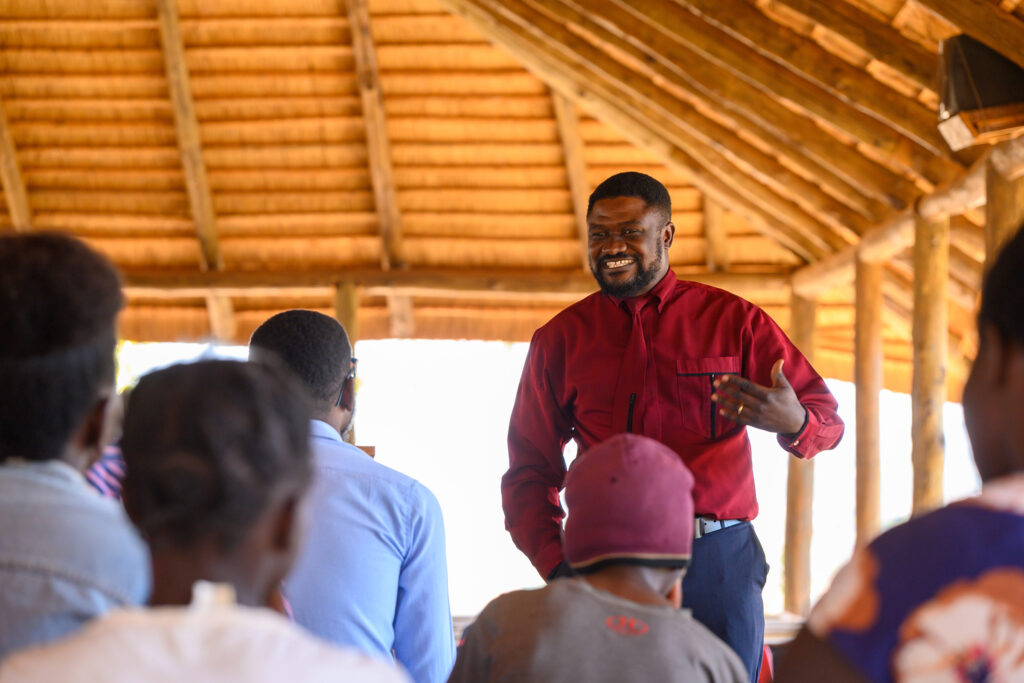From shorter terms and furloughs, to the ratio of churches to individuals responsible to any given missionary’s support, how missions is done is constantly in flux. One way in which missions is changing to become more biblical is increased involvement of sending churches in the life of their missionaries.
Some missionaries have as many as 50 different churches that support them. While that may mean more people praying, it makes travel during furlough difficult for the missionary. We were blessed to have our home church take on 25 percent of our support, but that is probably the exception and not the rule. Sending churches do not always have heavy interaction with their missionaries.
I believe churches are starting to see the importance of being involved in the missionary’s life. Previously, missionaries have been burnt out and left the field, only for churches to later find out that they could have helped prevent such things. But now, technology has also facilitated more involvement as a Skype/Facetime meeting puts pastors face-to-face with overseas workers. Airline travel has made field visits more common. Multiple books have been written on the stresses of ministry, and churches are making sure their ministers and missionaries are actively seeking help, encouraging involvement in accountability groups. Across the board, accountability for missionaries has gone up! This is great news.
How can churches be more involved with their missionaries from the get-go? Intentionality is key.
I find it interesting in Acts 13 that the elders appointed fellow elders to go. There is no mention that they stood up during an altar call and said they “felt led” to missions. There is also no mention that the church recognized their gifting and so sent them. Yet the latter seems more likely than the former.
What if churches were more intentional about who they sent?
A pastor recently met with me to discuss how his church could be more intentional about identifying and sending missionaries. He had started to think through a creating a “filter” to evaluate members based on how they served in and around the church, on local service trips, and international mission trips. As they showed good missionary traits, the church would invest in them through mentoring to improve those traits and helping refine their skills for cross-cultural application.
Missionaries with good missionary skill sets can last longer on the field, and churches can feel better about their investments. When churches intentionally develop their missionaries to equip them for the field, they can more highly recommend them to mission boards for approval. While mission boards certainly have their own filters, churches can help those boards even more by seeking out and training those best suited for missions.
The pastor with whom I spoke uses the “head, heart, and hands” philosophy to raise leaders with strong knowledge, character qualities, and practical skills as they are mentored to become well-rounded leaders. Using seminars and curriculum, members can grow in their head-knowledge. Their character can be developed through interaction in service events and intentional mentoring. Then, their practical skill sets can be recognized and honed for cross-cultural settings. Although many skill sets can be used on the mission field, some skills such as language learning, cultural adaptation, flexibility, and social interaction are necessary if one is going to be successful on the mission field.
A key for all churches is to be intentional about raising up leaders within the church. Whether they end up being deacons, elders, missionaries, small group leaders, or simply strong lay-leaders within the church, in the long run they will only help the church fulfill the Great Commission.




